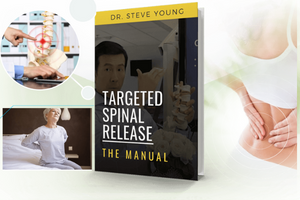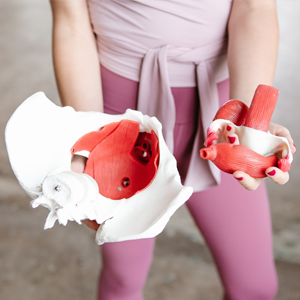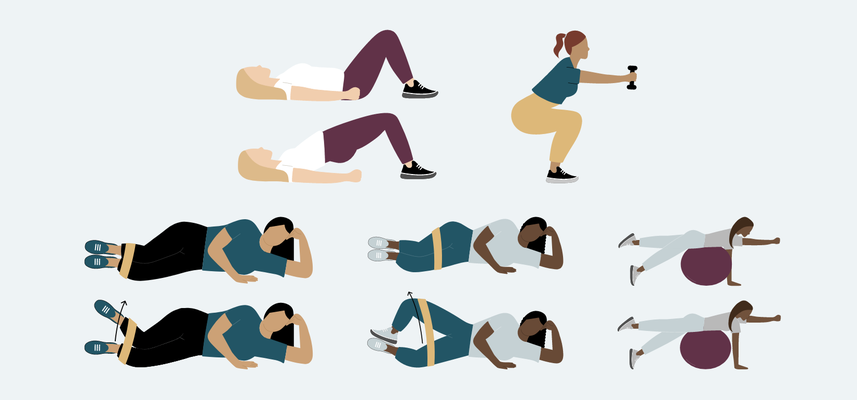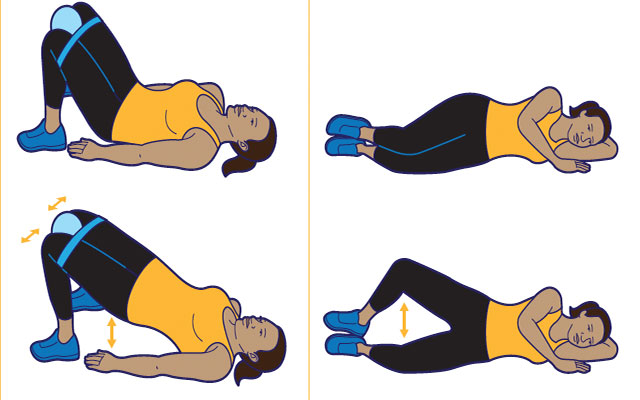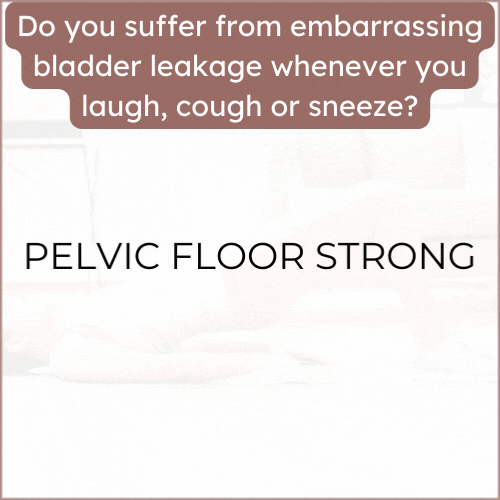Some Frequently Asked Questions About Bladder Leakage In Women?
1. What causes bladder leakage in women?
Bladder leakage, also known as urinary incontinence, can be caused by various factors such as childbirth, hormonal changes, aging, obesity, urinary tract infections, neurological disorders, and certain medications.
2. Are there different types of bladder leakage?
There are different types of urinary incontinence. Stress incontinence occurs when physical movements or activities like coughing, sneezing, or exercising put pressure on the bladder. Urge incontinence, on the other hand, involves a sudden and intense urge to urinate followed by involuntary urine leakage. Mixed incontinence is a combination of both stress and urge incontinence.
3. Is bladder leakage common in women?
Bladder leakage is relatively common in women, especially as they age or after childbirth. It's estimated that around one in three women experience some form of urinary incontinence at some point in their lives.
4. Can bladder leakage be treated?
Bladder leakage can often be treated or managed effectively. Treatment options may include lifestyle changes (such as weight loss and pelvic floor exercises), behavioral therapies (like bladder training), medications, medical devices (such as vaginal pessaries), or in severe cases, surgery.
5. Do pelvic floor exercises help with bladder leakage?
Pelvic floor exercises, also known as Kegel exercises, can strengthen the muscles that support the bladder and urethra, potentially reducing or preventing bladder leakage. These exercises involve contracting and relaxing the pelvic floor muscles.
6. When should I see a doctor about bladder leakage?
It's advisable to see a doctor if bladder leakage is interfering with your daily life, causing emotional distress, or if you experience sudden or severe urinary incontinence. Additionally, if you notice blood in your urine, persistent pain or discomfort in the pelvic region, or other concerning symptoms, it's important to seek medical attention promptly.
7. Are there lifestyle changes that can help manage bladder leakage?
Lifestyle changes can help manage bladder leakage. These may include maintaining a healthy weight, avoiding bladder irritants such as caffeine and alcohol, practicing good bathroom habits (such as urinating regularly and completely), and staying hydrated.
8. Can bladder leakage in women be prevented?
While not all cases of bladder leakage can be prevented, there are steps women can take to reduce their risk. This may include maintaining a healthy lifestyle, avoiding smoking, practicing pelvic floor exercises, and seeking prompt treatment for conditions such as urinary tract infections.
| Pelvic Floor Strong by Alex Miller - https://pelvicfloorstrong.org - FLASH SALE |












